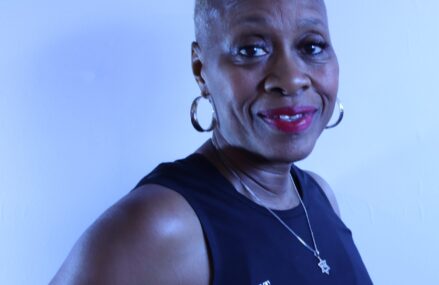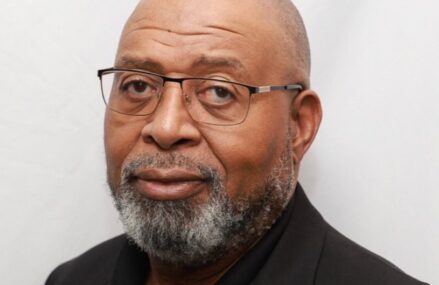
Dogmatism refers to the inclination to assert opinions or beliefs as absolute truths, often
without providing evidence or considering alternative perspectives. Individuals exhibiting
dogmatism are typically unwilling to entertain different ideas or engage in open-minded
discussions. While most of us may not identify ourselves as dogmatic, recognizing it is
challenging because we are unaware of what we do not know, though we are certain of what
we do know. What we learn throughout our lives becomes intrinsic to our identity and plays a
crucial role in shaping who we become. Dogma manifests itself in various areas, such as
religion, politics, science, and even more personal aspects. Although the presence of dogma
does’'t always lead to conflict, a lack of flexibility and openness to different perspectives can
increase the likelihood of tensions and disagreements, especially when different belief systems
collide.
The continual repetition and reinforcement of dogmatic beliefs, whether through personal
reflection, group interactions, or external sources, contribute to their deep-seated nature. Over
time, these beliefs become ingrained in a person's worldview, fostering an 'us vs. them'
mentality where individuals categorize others as either aligned with their beliefs (the 'us' group)
or in opposition (the 'them' group). This is how biases are born.
Bias or Diversity? A team from the University of Rochester completed a study of 1.8 million
news headlines from major US news outlets from 2014 to 2022 using machine learning. Sadly,
the team concluded that, with respect to 'social issues,' discrepancies arise from a combination
of media bias and variations in attitudes. Media bias becomes evident through distinct
portrayals of identical events, while attitudinal differences are highlighted by the varying topic
preferences of different media outlets. Now, more than ever, we need to decrease biases, and
it starts with decreasing our own dogmatism. Many social injustices arise from rigid,
discriminatory belief systems. Reducing dogma can help dismantle such systems and promote a
more equitable and inclusive society.
Living a life without succumbing to dogmatism or bias is an ongoing process that involves self-
reflection, intellectual curiosity, and a commitment to embracing the richness of diversity in
thought and experience. This process includes openness to new perspectives, flexibility in
thinking, and fostering a more fluid and adaptable identity.
As mindful and sentient humans, we ought to question our beliefs and examine them with a
critical look to open the door to new ways of comprehending our community and gaining a
broader perspective. This does’'t necessarily translate to sacrificing our fundamental values.
Instead, defining our values beyond a specific belief system could support us in grasping the
fact that our identities are meant to be dynamic and evolve over time. We have to accept that
everything changes and that change comes with uncertainty. Accepting ambiguity could be
liberating since it releases us from having to have a 'definite' answer for everything. The goal is
not to lose our sense of identity but to expand it and make it more flexible. By adopting an
open and receptive mindset, we can cultivate an identity that is authentic, adaptable, and
nurturing. We cannot reach that without empathy. Promoting more empathy requires
recognizing that people may have different life experiences and contexts that influence their
beliefs. Personally, I have discovered that when I find myself resisting someone's idea, it's
mostly for two main reasons: a fundamental difference in personal/professional values, or the
other person is showing me a path that I've not experienced before. Opening myself to the new
and fostering collaboration has expanded my sight, compassion, and understanding. I believe
the most wonderful and innovative projects I have been part of were born from building
bridges across different groups, ideologies, and doctrines. This is how I think we all could
decrease bias within our society; it starts with us. Mitigating our individual dogmatism can play
a pivotal role in dismantling biased systems, prejudiced news reporting, social injustices, and
disparities, thereby fostering a society that is more equitable, inclusive, and genuinely diverse.



